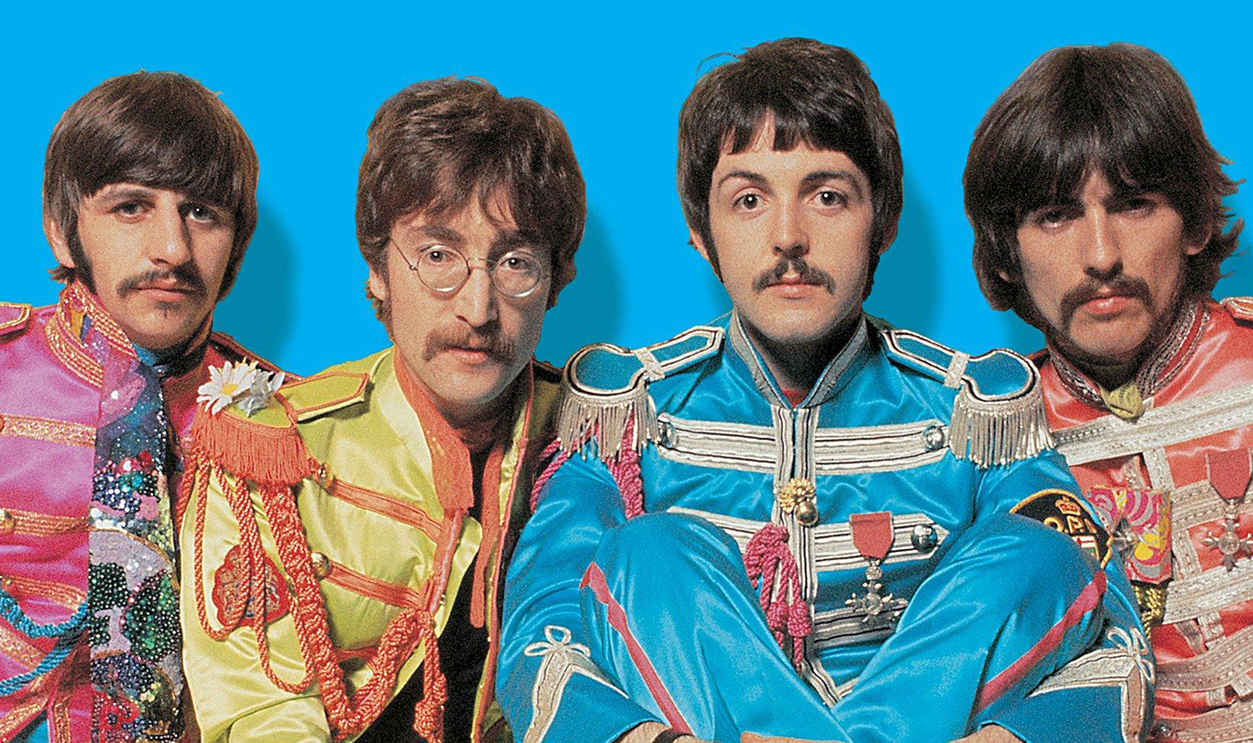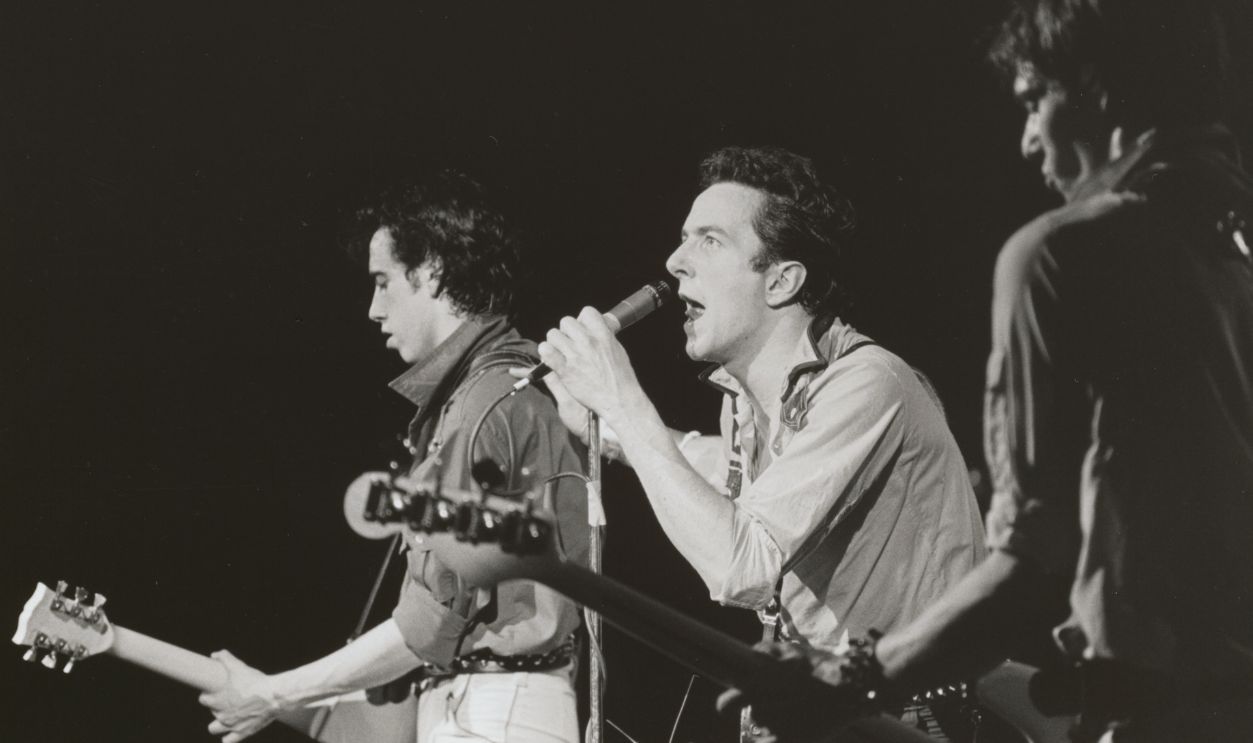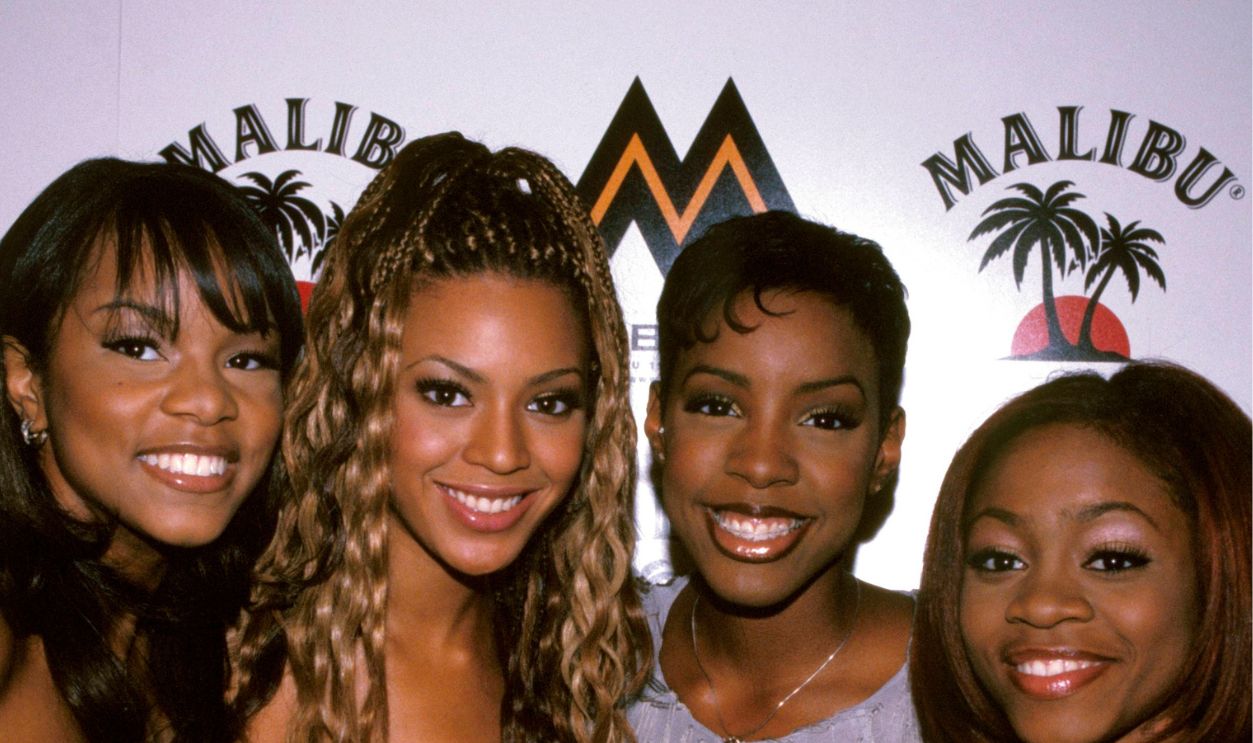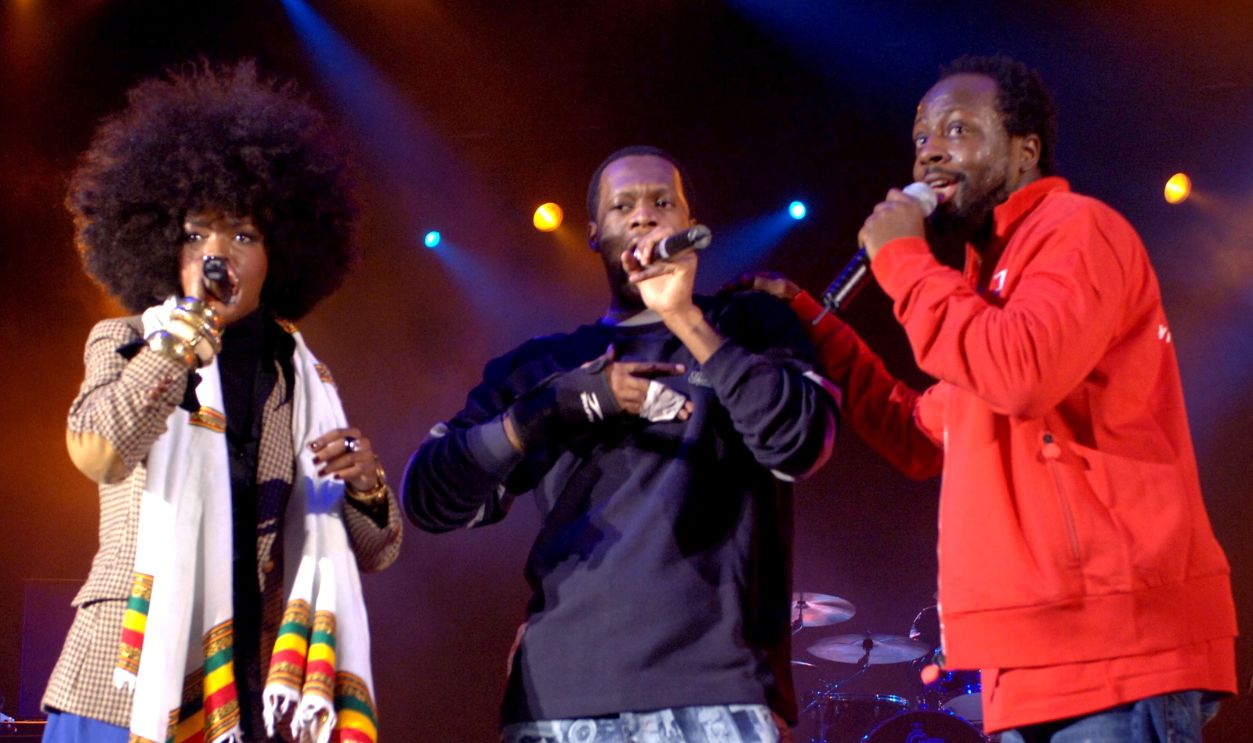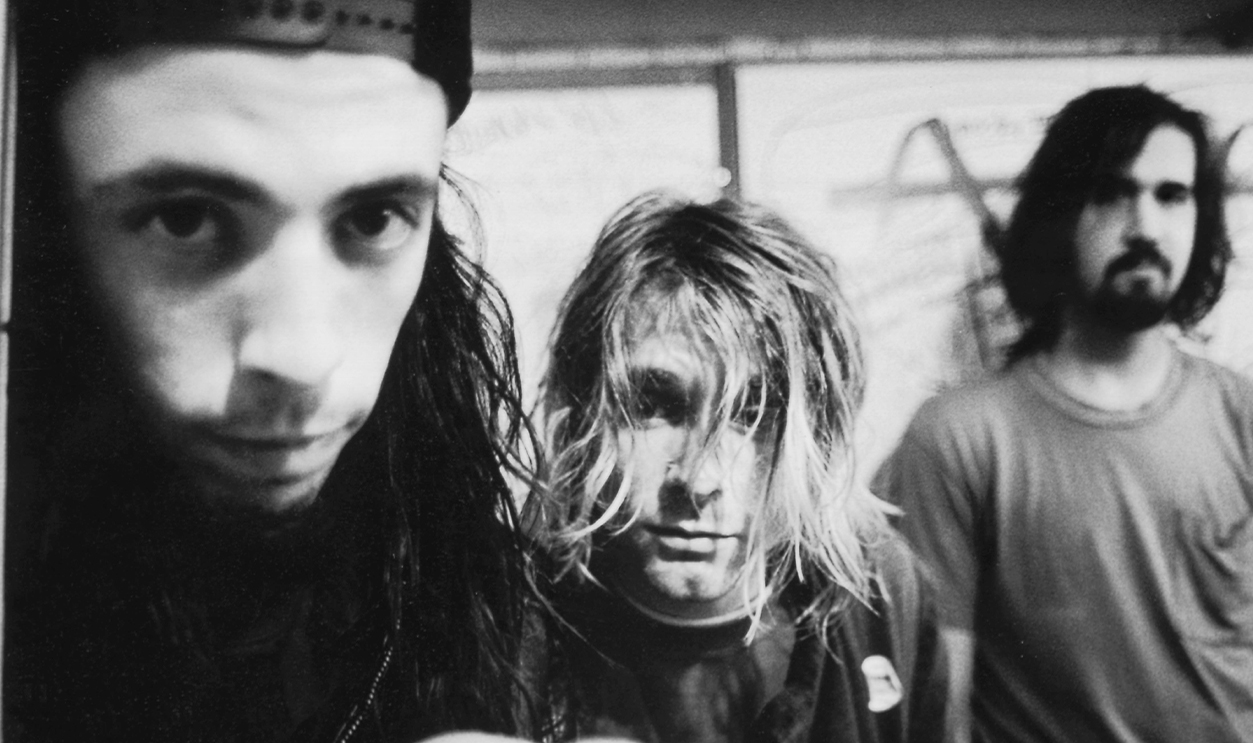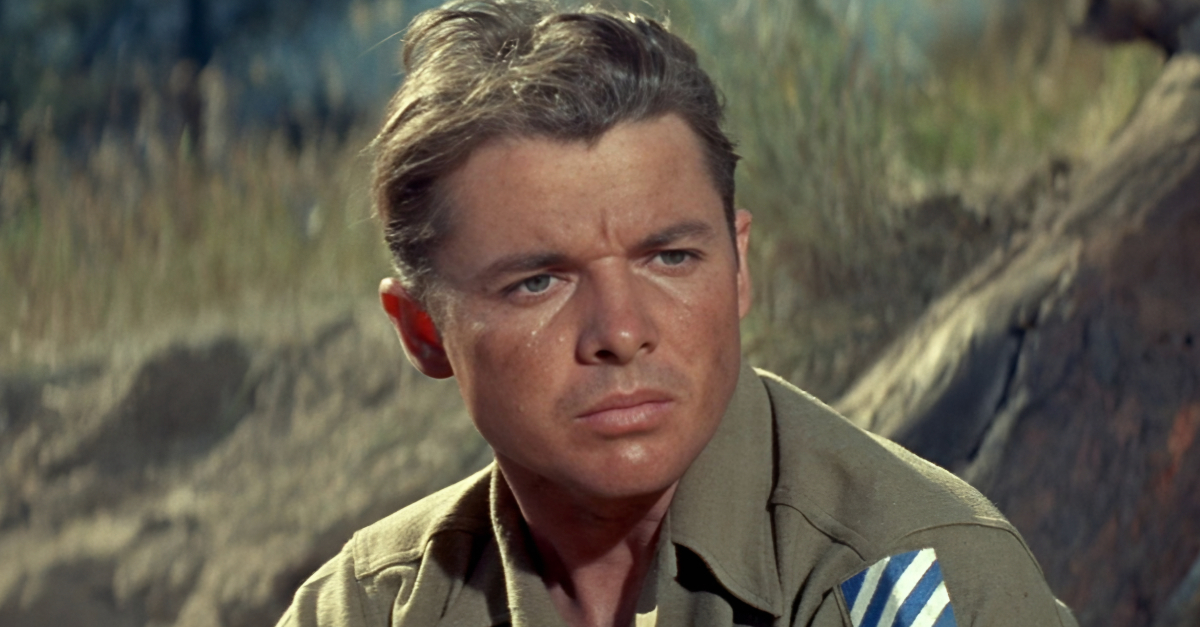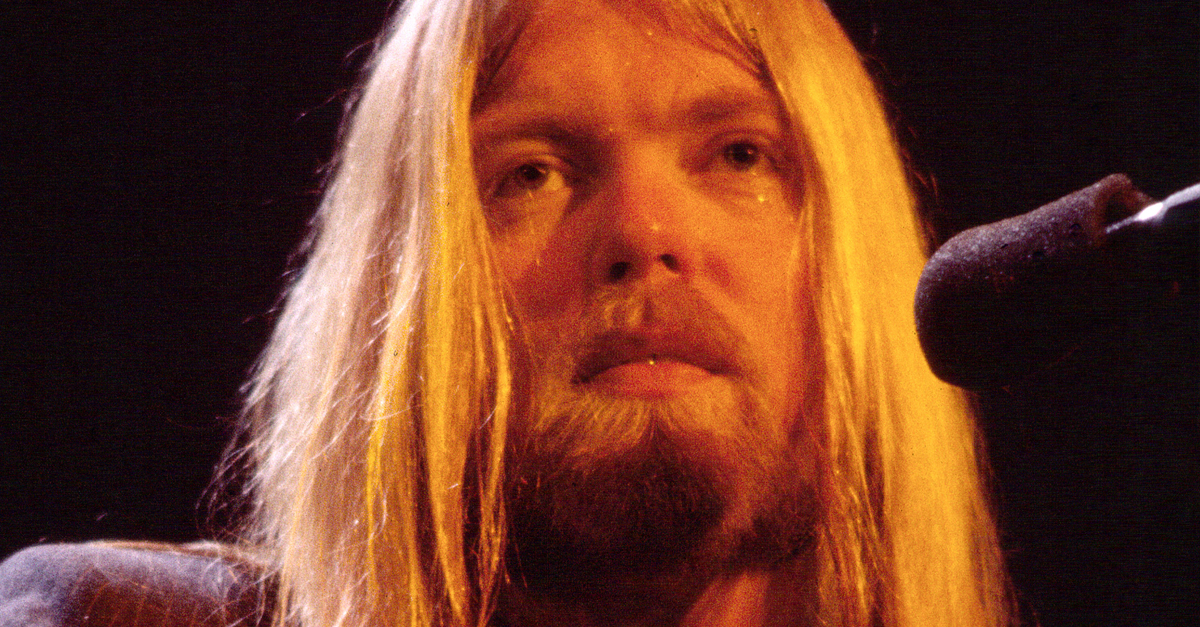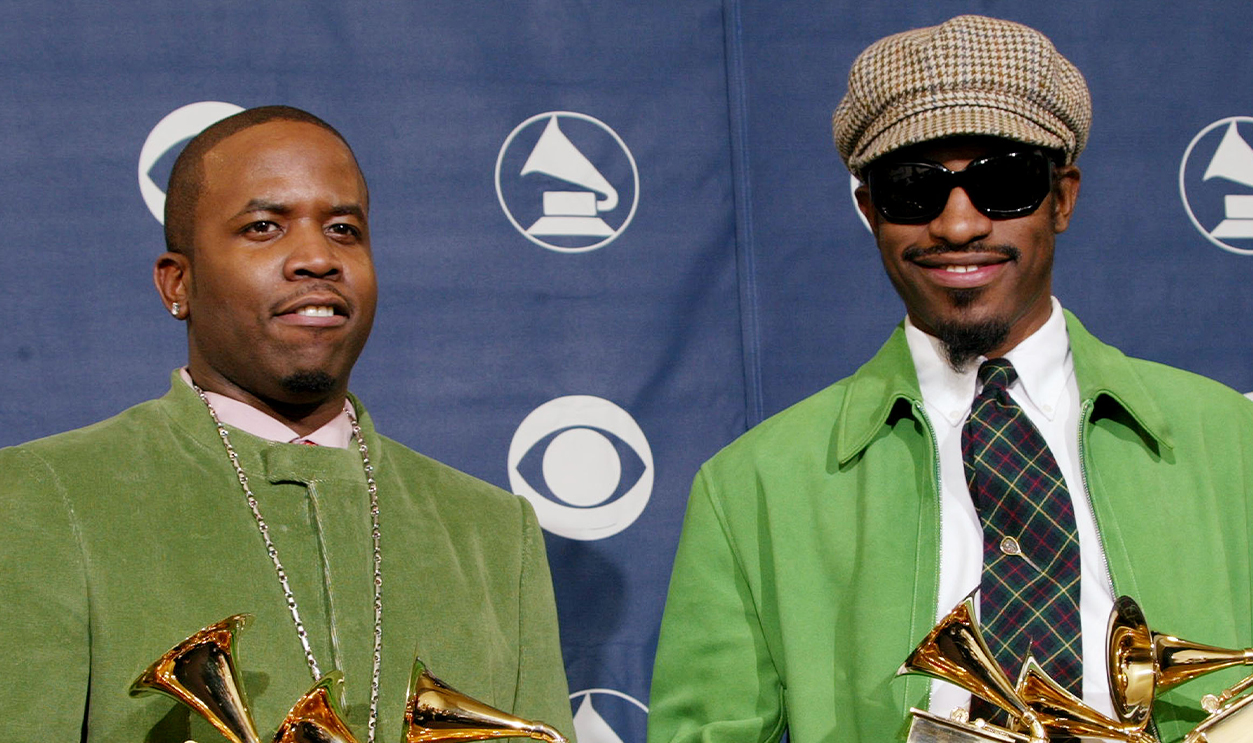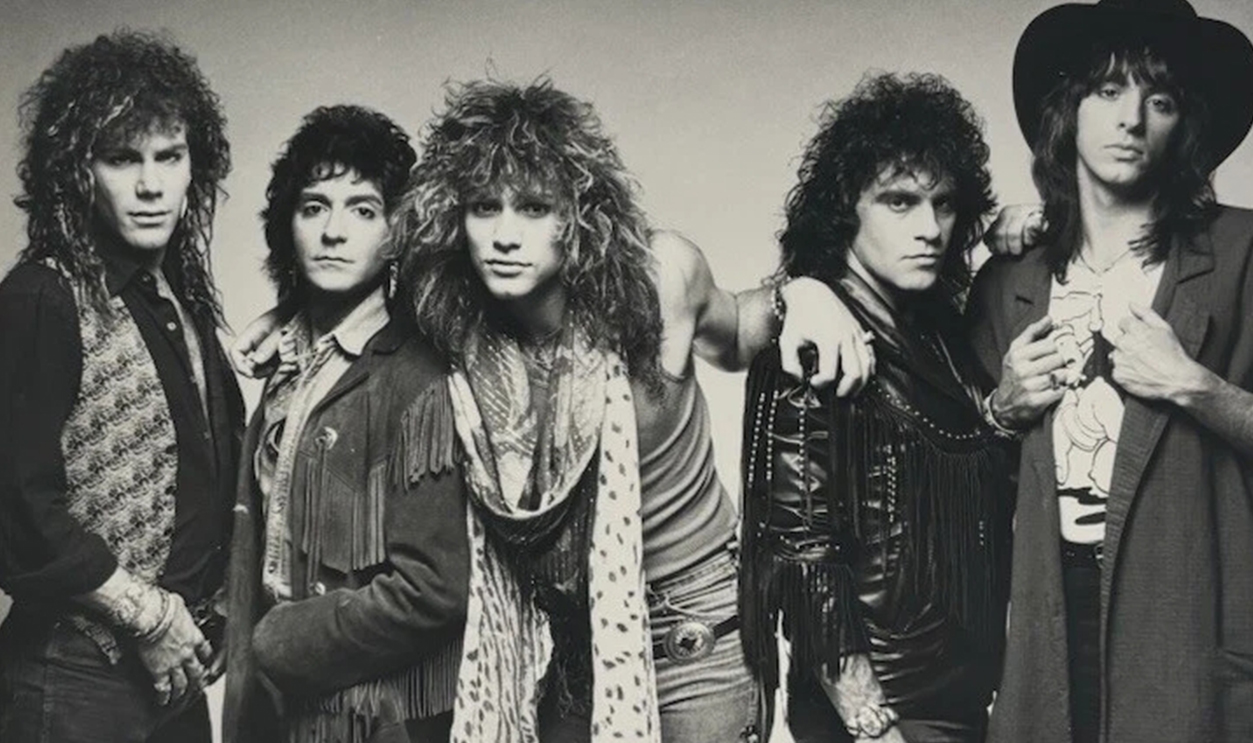They Quit Before We Could Quit Loving Them
When a band splits at its peak, or just as it finds its stride, it leaves a wound in music fandom. These groups had the talent, the chemistry, the momentum… and then, for one reason or another, they were gone. Here are 21 bands whose departures still sting.
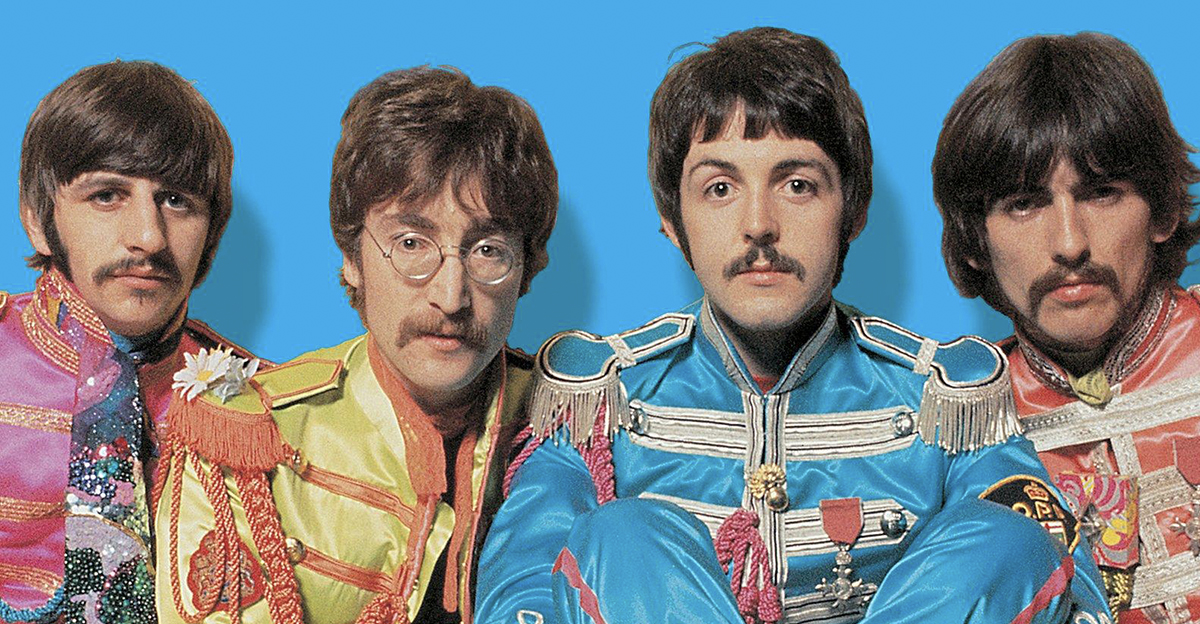
ABBA
Sweden’s quartet achieved global pop perfection with match‑stick harmonies, sparkling drum solos and unstoppable melodies, only to decide in 1982 that things had run their course. The personal and romantic connections among members complicated the band’s dynamic, and though they’ve since teased reunions, ABBA’s original golden run remains frozen in time. Their legacy is intact, but the idea of “more great ABBA albums” still feels tantalizingly out of reach.
OutKast
André 3000 and Big Boi pushed hip‑hop into art‑space, genre‑blending brilliance with albums like Stankonia. Their 2006 hiatus (never formally ended) left fans yearning. When a band has that much creative fire and influence, splitting feels like the world lost the next evolution before it arrived.
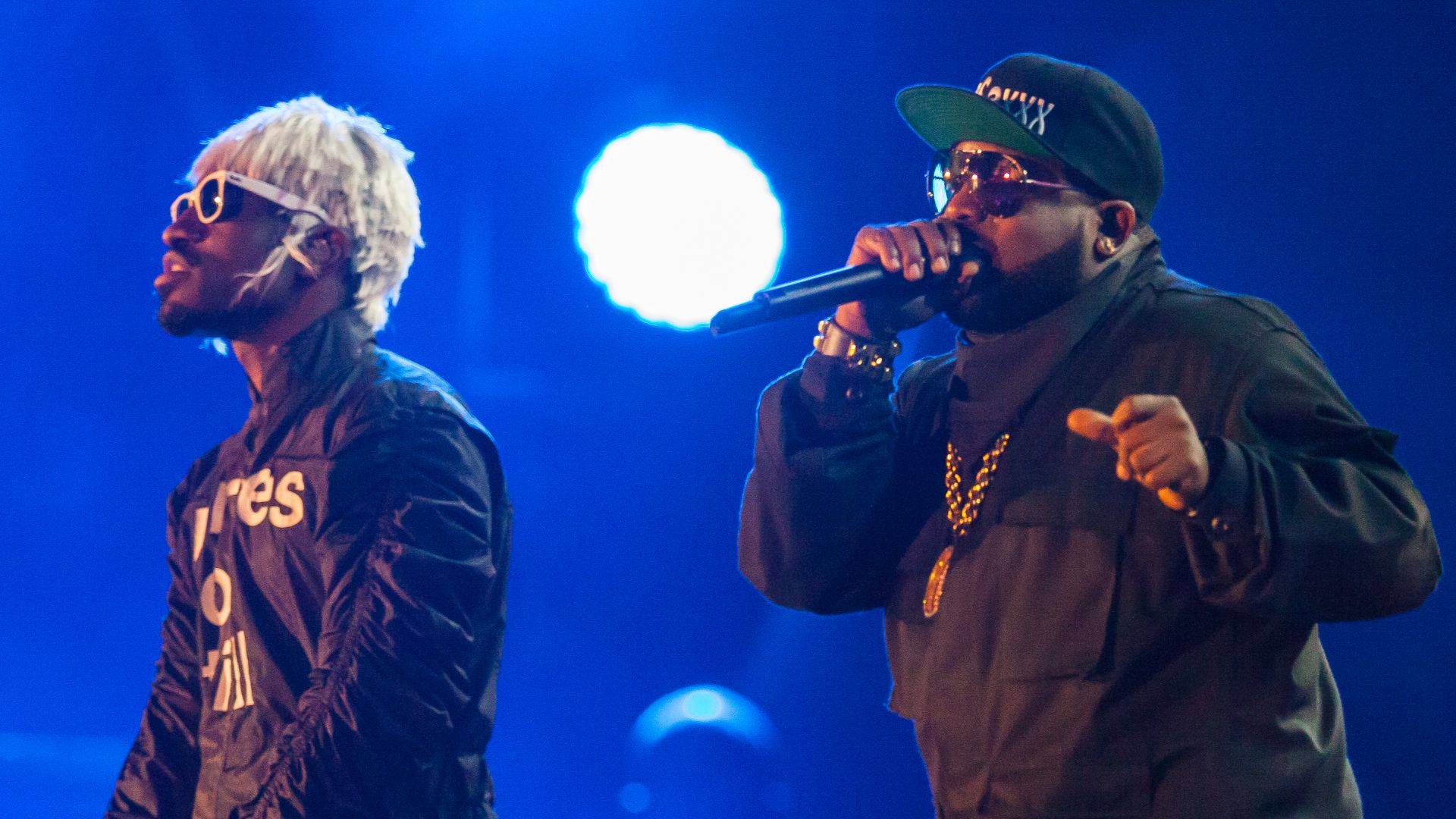 Sven Mandel, Wikimedia Commons
Sven Mandel, Wikimedia Commons
R.E.M.
Alternative rock pioneers through the 80s and 90s, R.E.M. disbanded in 2011 with little warning. After shaping college rock and then stadiums, the abrupt end felt too quiet for such a loud legacy. They left behind an incredible catalogue, and the possibility of reinvention that never came. Fans still feel the absence.
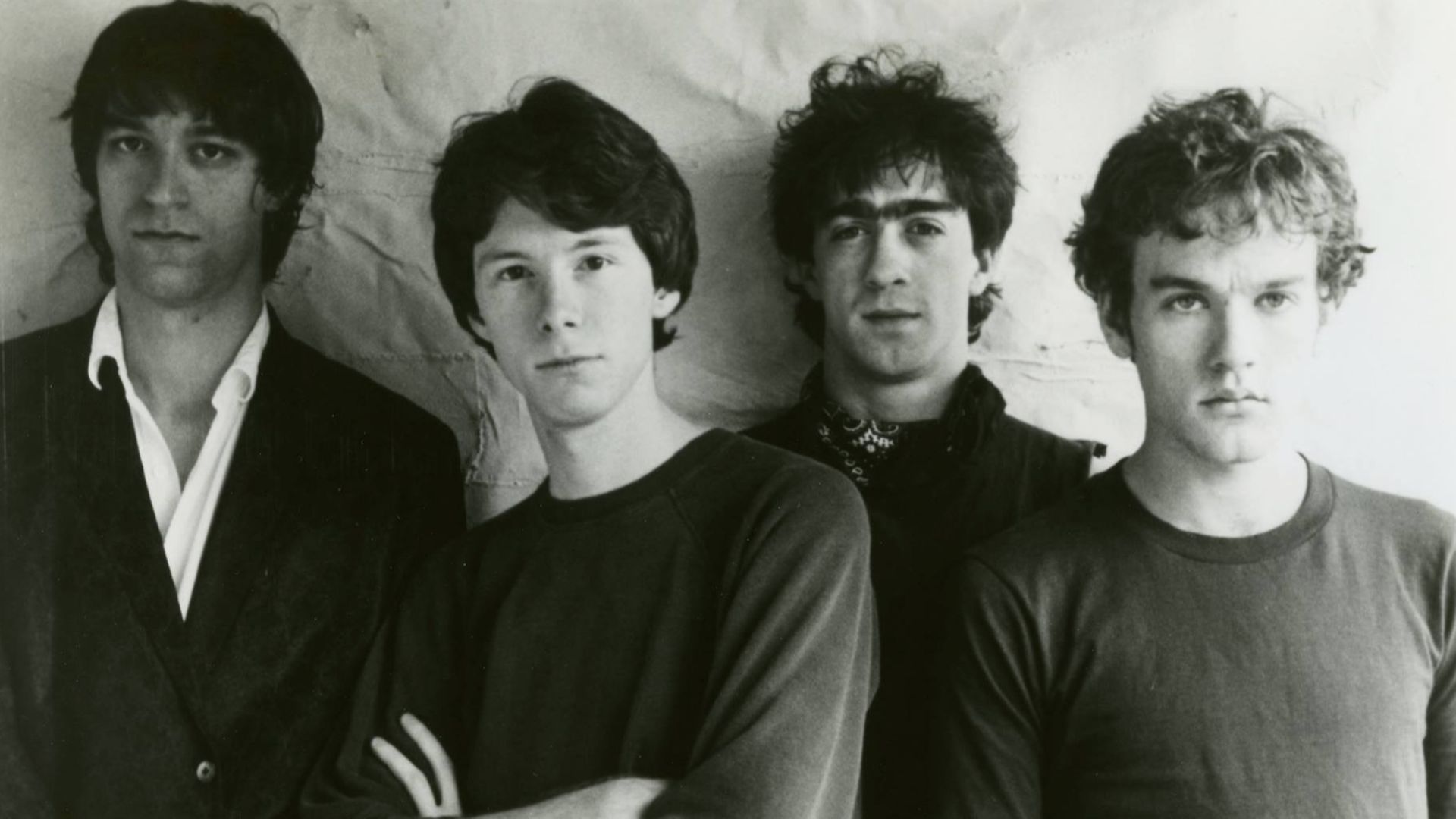 Sandra Lee-Phipps; distributed by I.R.S. Records, Wikimedia Commons
Sandra Lee-Phipps; distributed by I.R.S. Records, Wikimedia Commons
The Beatles
If any band defined “too soon,” it’s The Beatles. By 1970 they were done, despite still topping charts and advancing musical boundaries. Creative differences, individual ambitions and legend‑sized pressure ended their run, but the catalogue they left remains jaw‑dropping. The gap after Abbey Road felt cavernous, and fans still dream of what more could have been if the four hadn’t walked away when they did.
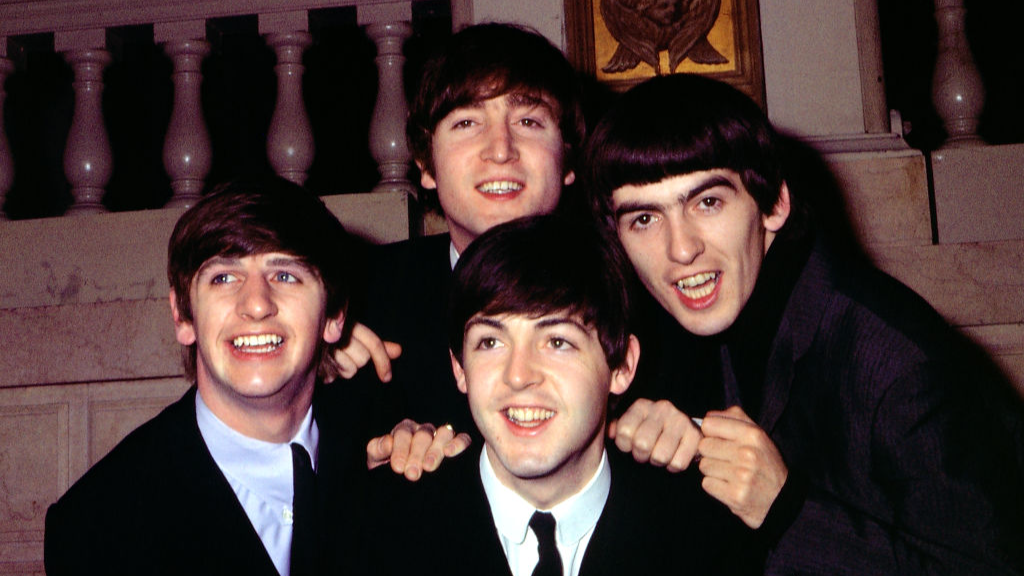 Michael Ochs Archives, Getty Images
Michael Ochs Archives, Getty Images
Big Star
Power‑pop perfection and tragic timing defined Big Star. Their early 70s records like #1 Record and Radio City didn’t sell then, but later became cult touchstones. The band faltered due to label problems, member departures, and the death of founding member Alex Chilton’s friend. Decades later, their influence is enormous but their lifespan was heartbreakingly brief and underrated at the time.
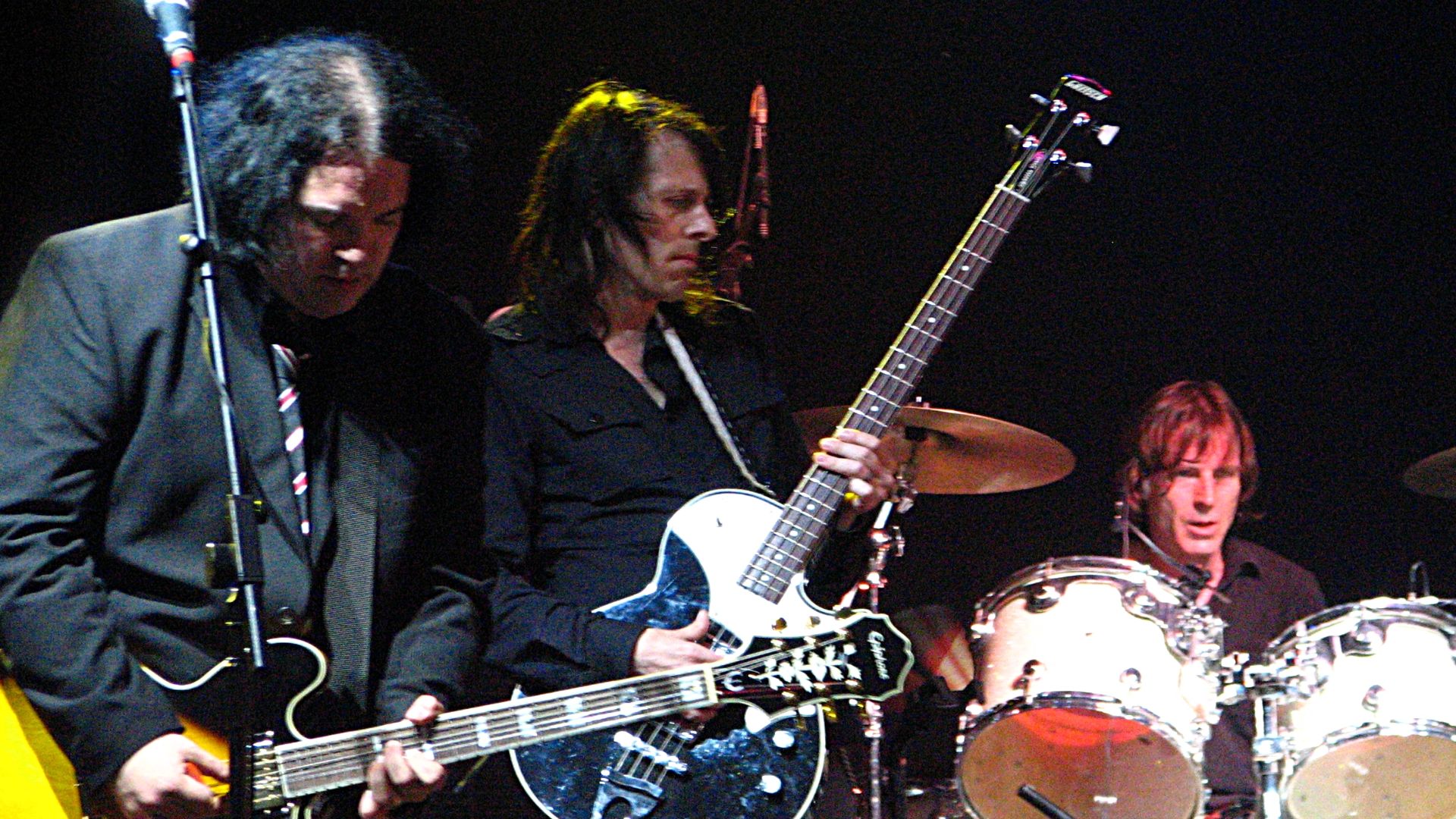 Marcelo Costa, Wikimedia Commons
Marcelo Costa, Wikimedia Commons
The Clash
Punk rock’s greatest band perhaps, yet internal struggles and punk‑politics fatigue caused them to dissolve in 1986. From London Calling to Combat Rock they changed the sound and scope of punk, but they never sustained. Their breakup left fans chasing what would come next from a band that had already promised the world and then vanished.
Destiny’s Child
By the early 2000s, Destiny’s Child had become one of the world’s biggest R&B acts, but lineup changes and solo ambitions led to their 2006 hiatus. Beyoncé’s star rose higher, and the group technically reunited later, but what felt like the golden era never made a proper second chapter. The split threw fans for a loop—so much talent, gone just when the world was listening hardest.
Quicksand
New York post‑punk legends, Quicksand released two albums (1990–1995) then split amid label woes and internal pressure. Their influence on 90s and 2000s bands is huge, but their own recorded output remains small. The tease of what they could’ve achieved lingers in every riff and every quiet pause.
 User:Goroth (Jan Brauer), Wikimedia Commons
User:Goroth (Jan Brauer), Wikimedia Commons
Botch
Seattle’s mathcore geniuses ended in 2002 just as the genre they helped define was about to explode. Their chaotic rhythms and unpredictable structures influenced dozens, but the band itself chose its own end. Fans still watch live clips and ask: “Why not one more album?”
 Botch To Our Friends in the Great White North (Live), Sargent House
Botch To Our Friends in the Great White North (Live), Sargent House
The Fugees
Wyclef Jean, Lauryn Hill, and Pras Michel made The Score a late‑90s classic. Then internal tension and Hill’s solo ambitions cracked the group in 1997. Though they reunited now and then, the spark never fully returned. Their unique blend of hip‑hop, soul, and global rhythms left us wanting more, as if they simply walked off mid‑verse.
The Go-Go’s
All‑female, self‑contained, and wildly successful, The Go‑Go’s conquered the early 80s with hooks, attitude, and charm. But they broke up after just a handful of albums in 1985, citing fatigue and internal conflict. The regret lingers because the promise was massive (pop‑punk paving the way for countless artists) yet the run was fleeting.
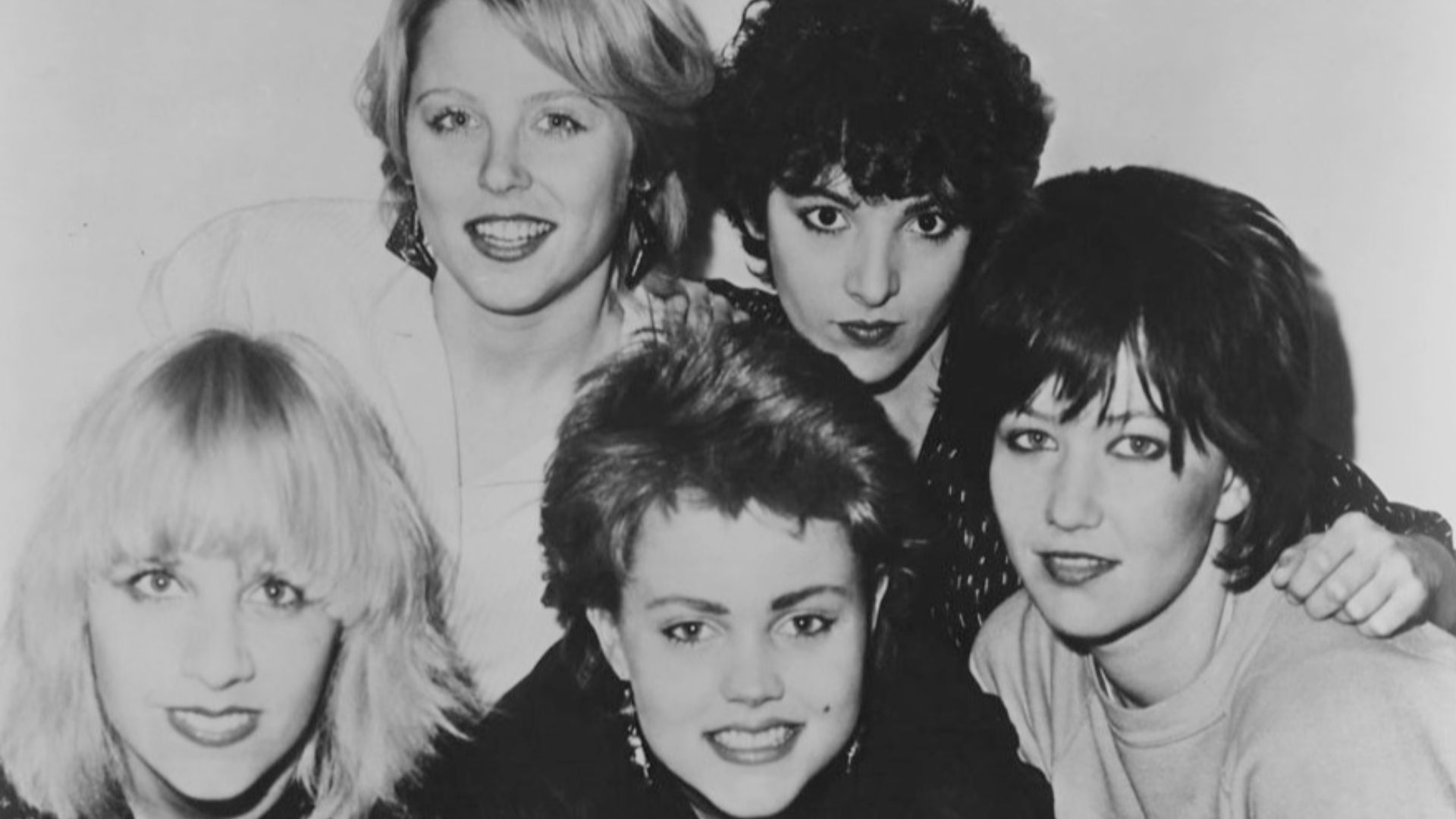 Janette Beckman; Distributed by International Record Syndicate (I.R.S Records), Wikimedia Commons
Janette Beckman; Distributed by International Record Syndicate (I.R.S Records), Wikimedia Commons
The Smiths
Morrissey, Johnny Marr, Andy Rourke, and Mike Joyce lasted only from 1982–1987, yet changed indie rock forever. Marr’s departure and internal tensions ended the group right when their influence was exploding. The Smiths’ body of work is compact but monumental (each song feels ripe with “what if”) and that’s part of their charm and heartbreak.
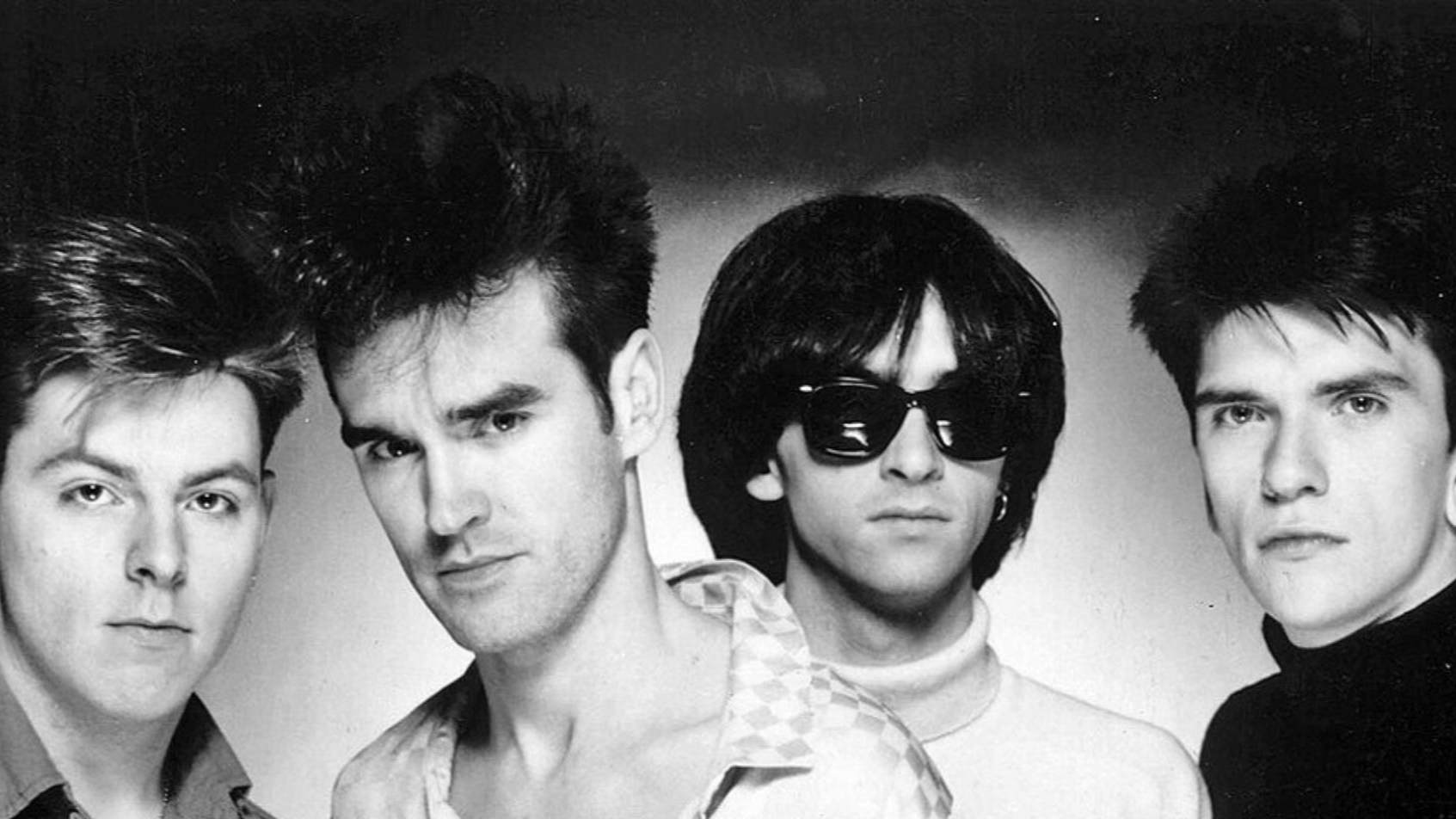 Paul Cox; Distributed by Sire Records, Wikimedia Commons
Paul Cox; Distributed by Sire Records, Wikimedia Commons
Talking Heads
Innovators of art‑rock and cerebral pop, Talking Heads gave the world albums like Remain in Light, left their mark, and then quietly disbanded in 1991. The distinct blend of funk, punk and world music they crafted felt too big to stop—but stop they did. Their end still feels sudden, leaving fans imagining alternate timelines of what might have been.
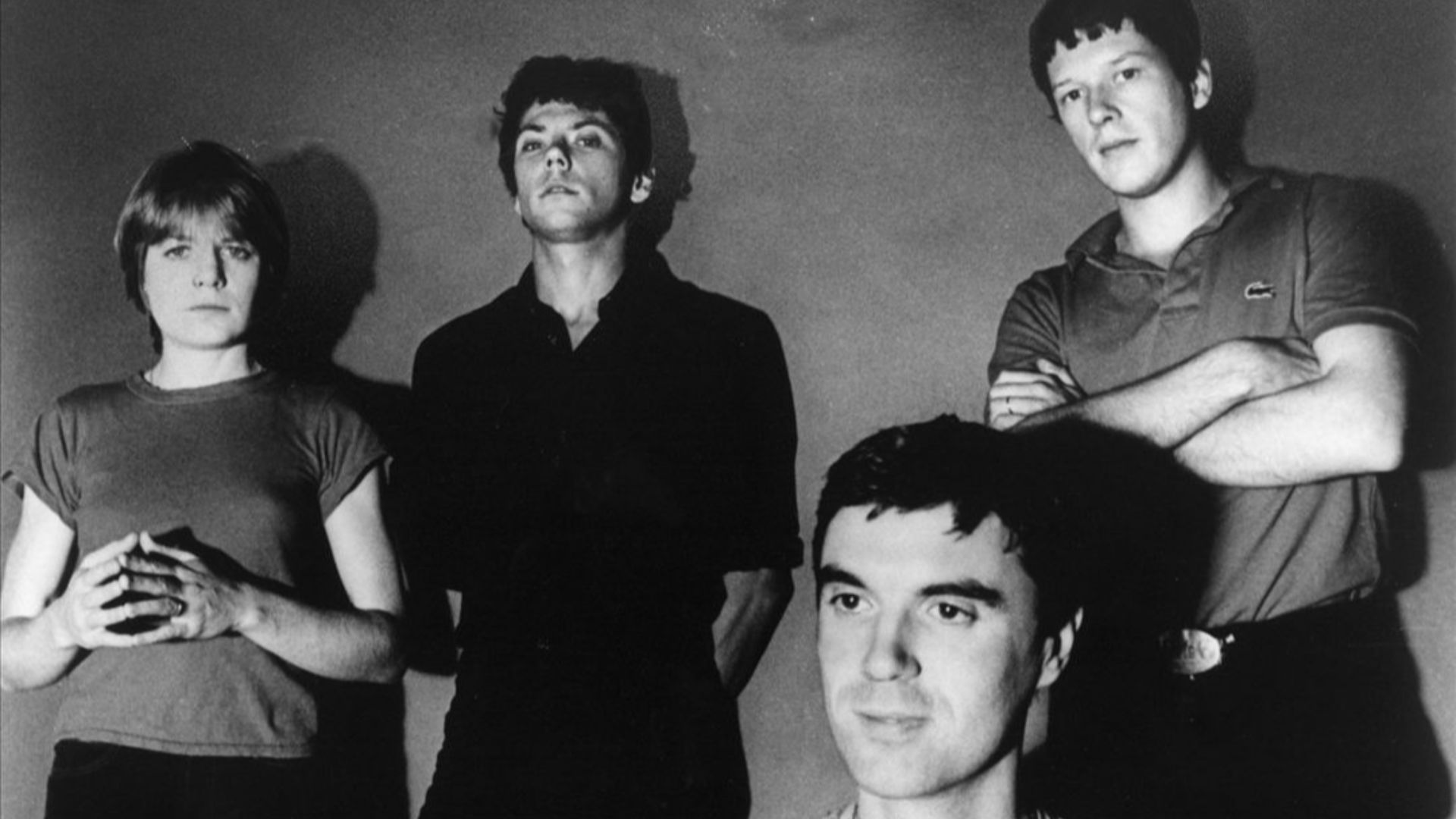 Distributed by Sire Records, Wikimedia Commons
Distributed by Sire Records, Wikimedia Commons
The White Stripes
Jack White and Meg White burned bright, raw, and minimal from 1997 to 2011, then announced an amicable end. Their garage‑blues revival and explosive style made them icons, but their decision to stop at the top left some craving more. The White Stripes quit before reinvention could dilute their brand; no regrets, just mystery.
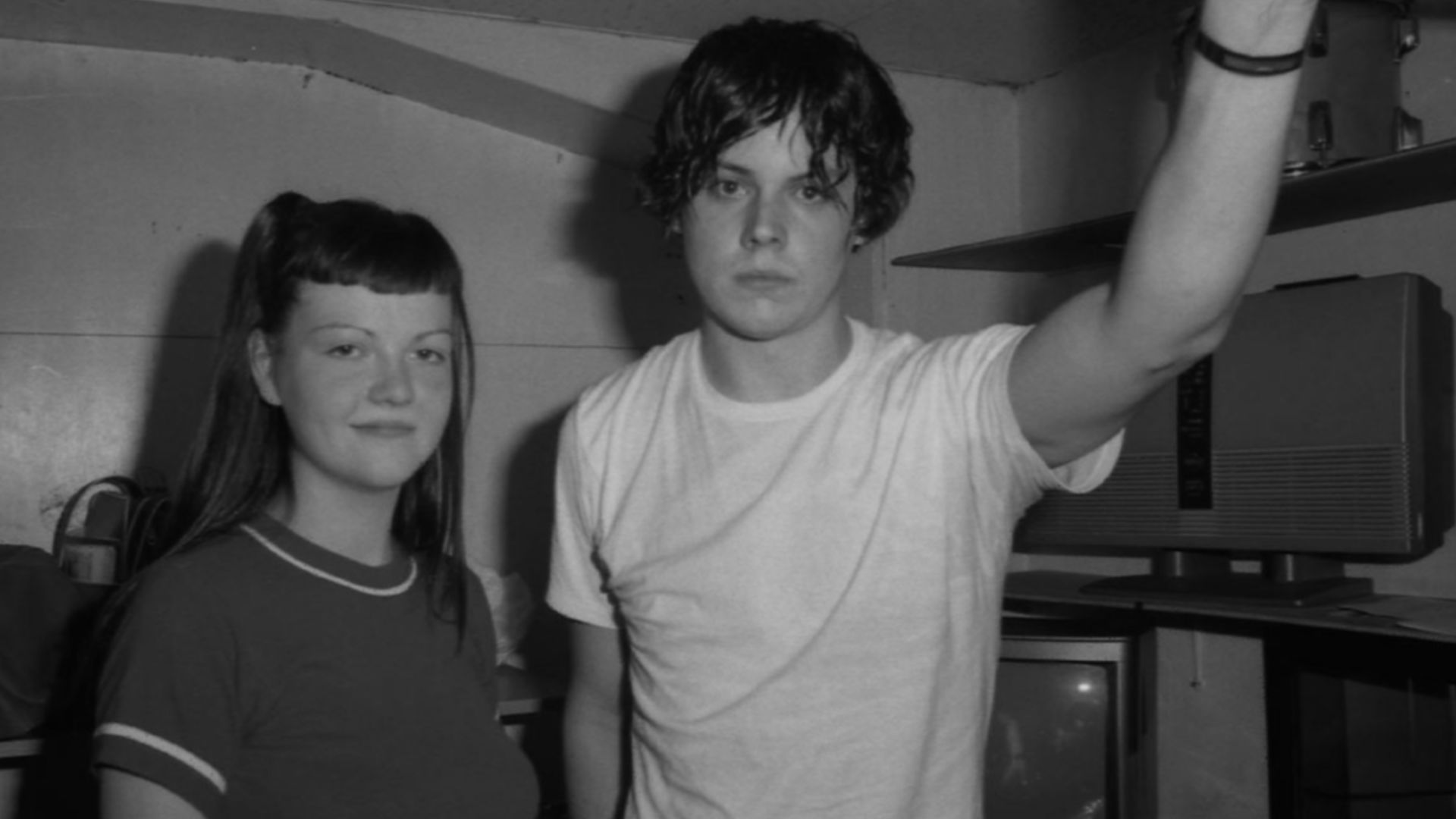 Masao Nakagami, Wikimedia Commons
Masao Nakagami, Wikimedia Commons
Iron Monkey
This gritty sludge‑metal band from the UK delivered punishing riffs and raw intensity, yet they split in 1999, leaving a short but fierce legacy. They influenced the doom/sludge scene far more than mainstream audiences knew. Their abrupt end left underground fans mourning what further mayhem they could’ve unleashed.
 Iron Monkey (band) - live at Dynamo festival 1999, robnwcc
Iron Monkey (band) - live at Dynamo festival 1999, robnwcc
In Solitude
Swedish doom‑metal masters for a short six‑year run (2002‑2008), In Solitude crafted lush, vintage‑inspired darkness just as the doom revival was blossoming. They broke up gracefully, but their timing feels like they exited just as gates to a bigger scene opened.
 Jonas Rogowski, Wikimedia Commons
Jonas Rogowski, Wikimedia Commons
Shora
Swiss experimental post‑metal outfit Shora formed in 1998 and disbanded in 2010, leaving behind a trail of avant‑garde brilliance. Their disappearance left underground fans longing for more of their intricate, unpredictable sound.
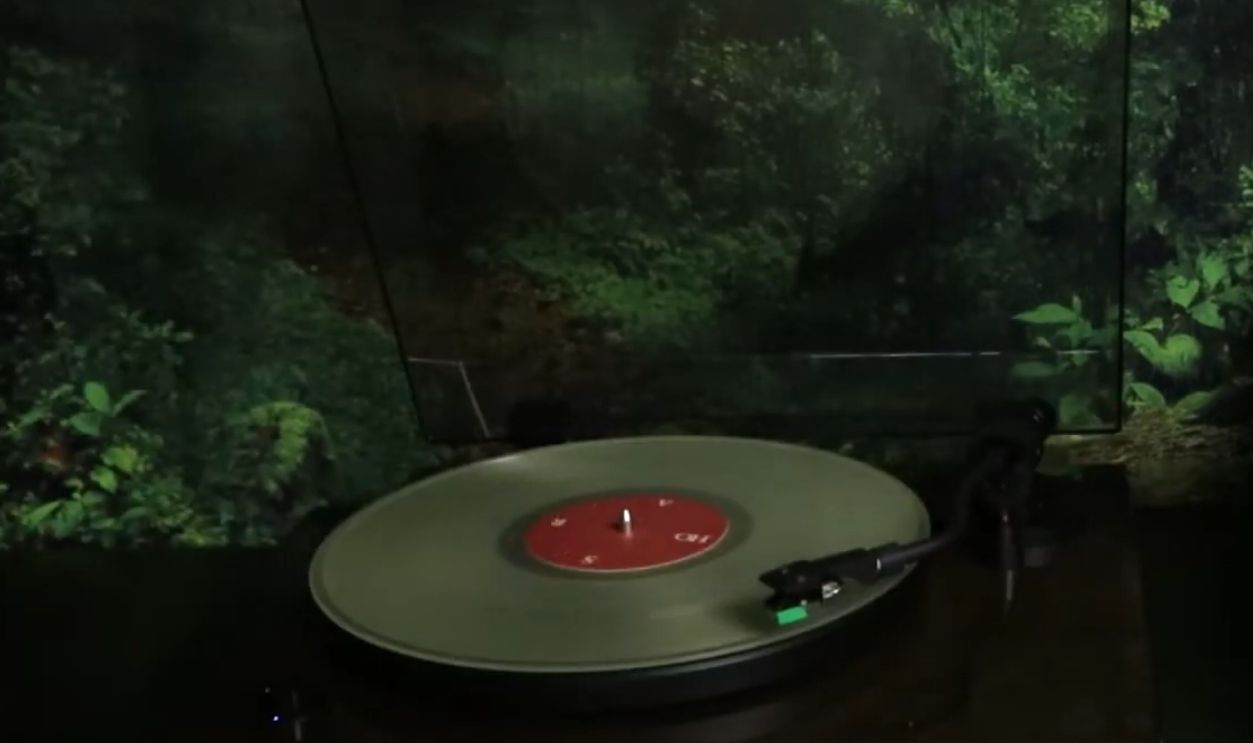 Shora - Malval (2005) Full Album Vinyl Rip, BearWithTrident
Shora - Malval (2005) Full Album Vinyl Rip, BearWithTrident
Morbus Chron
Another Swedish doom/sludge force, Morbus Chron ran from 2011 to 2017 and earned critical acclaim early. Then they quietly stopped. Six years, three albums, and then silence. Their departure left a niche scene richer for their presence, but sad that it didn’t stretch further.
 S. Bollmann, Wikimedia Commons
S. Bollmann, Wikimedia Commons
The Chariot
Mathcore chaos incarnate, The Chariot (2003‑2013) never settled, never mainstreamed, and ended on their own terms. Their live reputation was legendary, their studio albums explosive. But their split still feels sudden—not because they failed, but because fans knew they had more to give.
 Alex from London, England, Wikimedia Commons
Alex from London, England, Wikimedia Commons
Handsome
Supergroup Handsome (1995‑1997) featuring members of Crowbar, Quicksand, and Helmet released one album of polished post‑hardcore brilliance and vanished. The record is now a cult classic and the short existence only adds to its mystique.
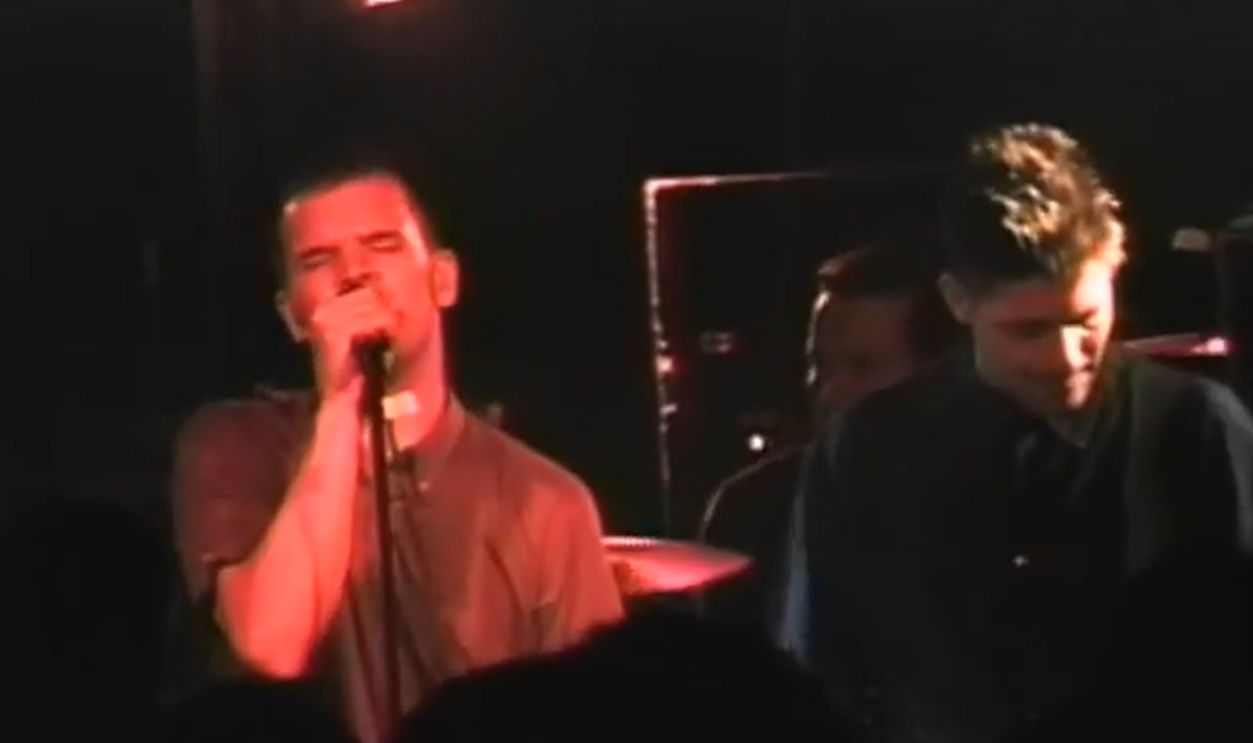 Handsome full set 3.21.1997 St. Louis, LepersTV
Handsome full set 3.21.1997 St. Louis, LepersTV
Heck
British hardcore‑metal‑punk hybrids, Heck (2009‑2017) roared through Europe, won hearts and awards—and then announced their split at the peak of hype. They left behind three albums but fit so many fans that the end still feels premature.
You May Also Like:
The Best Punk Rock Songs Of All Time
Are These The Best Progressive Rock Songs Of All Time?

